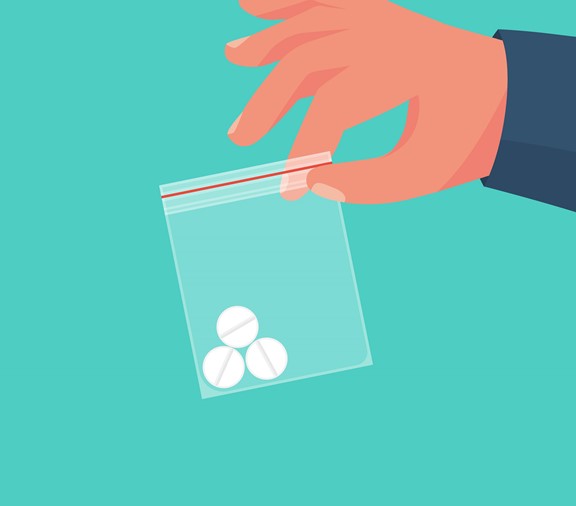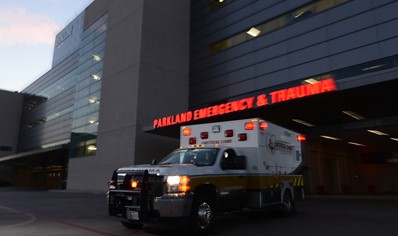
It’s always been important to teach children about illegal drugs and drug addiction. When children understand how drugs harm people of all ages, they are more likely to avoid peer pressure and deadly mistakes.
Wondering when you should start educating your young children? The best time is now.
Every day, about five Texans die from a highly dangerous drug called fentanyl. Many of these victims are teenagers, who accidentally take fentanyl when they swallow pills that secretly contain the drug.
According to Texas Health and Human Services, fentanyl is 50 times stronger than heroin. A tiny amount of the drug, about the size of a few grains of salt, can kill a human being.
Why is fentanyl so deadly?
Fentanyl is an opioid. A doctor may give it to a person after surgery to treat pain and make them sleepy. At a high dose, fentanyl can make your breathing and heart rate so slow that you stop breathing altogether.
How do people get fentanyl?
People overdose on the drug by accident, when they use pills, heroin, cocaine or other drugs that contain fentanyl.
It is easy to buy pills on the internet or from drug dealers. Teenagers are often tricked into buying fake pills when they think they are buying real medication.
Many fake pills are made to look like prescription drugs such as:
- Oxycodone (Oxycontin®, Percocet®)
- Hydrocodone (Vicodin®)
- Alprazolam (Xanax®)
- Stimulants, such as Adderall®
What should I tell my child or teen about fentanyl?
Teach your children and teens that prescription drugs should come only from their own doctor and pharmacy.
Remind them often that they should never take a pill that was prescribed for someone else, or buy them from the internet.
What is naloxone?
Naloxone, also called Narcan, can help to save the life of someone who is overdosing from fentanyl or other opioids. You can give Narcan to someone using an autoinjector, a syringe, a nasal spray, or an atomizer.
Ask your doctor about getting a supply of naloxone to keep in your home or purse. You do not need a prescription.
What are signs of an overdose?
Learn the signs of a drug overdose—and teach them to your teenagers.
Tell your children they must get help immediately if they see someone with the following symptoms:
- Small, constricted “pinpoint pupils”
- Pale, cold and/or clammy face
- Limp body
- Blue fingernails or lips
- Vomiting or making gurgling noises
- Not speaking or able to speak
- Passed out and will not wake up
- Slow breathing
- Slow heartbeat
How to help:
- Call 9-1-1 right away.
- Try to wake the person up.
- Give naloxone (Narcan), if available.
- Begin rescue breathing or CPR.
- Turn the person on their side to prevent choking.
- Stay with the person until emergency services arrive.
Need help for substance abuse, depression, anxiety, or other concerns?
Carelon Behavioral Health is here to help you with behavioral health treatment for:
- Alcohol and drug abuse
- Depression
- Anxiety
- Marriage and family problems
You do not need approval for individual, family, or group therapy. Also, you do not need a referral from your regular doctor.
English/Spanish interpreter services available 24 hours a day, 7 days a week.
HEALTHfirst STAR Medicaid: 1-800-945-4644
KIDSfirst CHIP: 1-800-945-4644


